Genealogy research has never been more accessible. Billions of family history documents are now available online and most people can produce a decent family tree with these records. However, the fact remains that only a tiny percentage of genealogy records are on the internet. The vast majority sit in physical archives and may never be digitized. This post looks at how to find offline genealogy records.
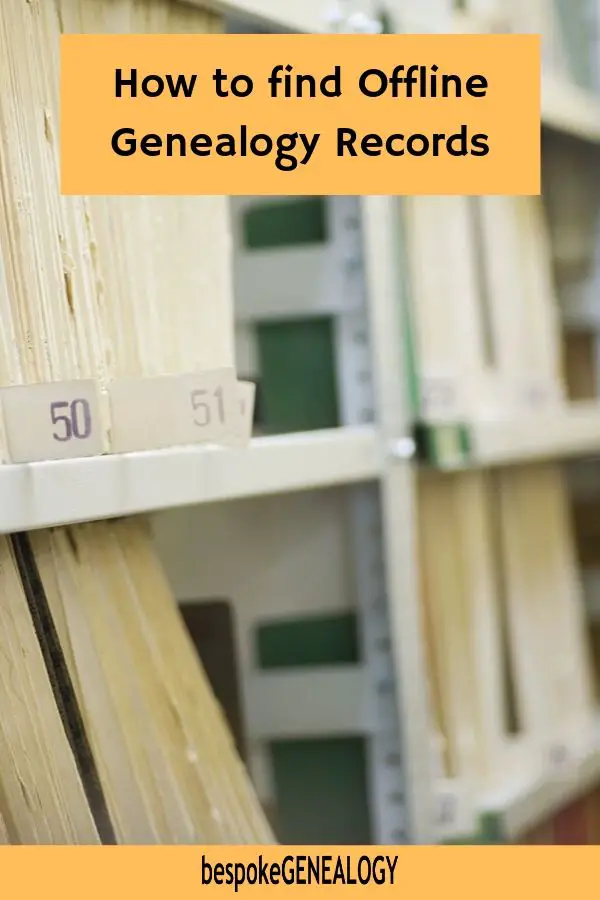
New records are added to database sites like Ancestry and Findmypast every week. It is relatively expensive to digitize, transcribe and catalog documents, so these sites understandably focus on records with the broadest appeal to their subscribers.
The same applies to Family Search. Even though this is a free site which doesn’t need to make a profit, they still have a limited budget. All this means that the bulk of records that can be used for genealogical research are sitting on shelves in archives or in boxes in their warehouses.
Most genealogists will reach a stage, sooner or later, where they will need to access resources held in physical archives. They’ll need these records to break down “brick walls”, add depth to their existing trees, get back further in time (usually before 1800) or a combination of all of these reasons.
For more on archives see: Why you need Genealogy Archives for your Research.
Global Catalogs
Many archives now have online catalogs where you can search a collection to find records of interest. However, you may not know where a record is likely to be held. So, using a general global search facility can be very useful. Here are a few of them:
Family Search Catalog
The Family Search Catalog is a good place to start. Family Search is of course owned by the Church of Jesus Christ of Latter-Day Saints (LDS). Many offline records in the catalog can be accessed by visiting a local LDS Family History Center. This can be a lot more convenient than trekking to a far away archive. See this page to find your local center.
If a record in the catalog is not available online or in a Family History Center, it will show you the repository where it is held.
Archive Grid
Archive Grid contains information on over five million records held in archives around the world. Records include personal papers, family histories and historical documents from over one thousand institutions.
World Cat
Libraries often hold useful genealogical information in the form of local history or family history books. World Cat links to the catalogs of more than 10,000 libraries worldwide.
The library system in your country, state, province or county may offer an inter-library loan service. So, if you find something of interest, you may be able to request it via your local library. Check with the library to find out.
National Archives
Most countries will have a national repository and/or a national library where the nations historic documents are held. In most cases these institutions will have online catalogs. Some, like the National Archives in London also catalog documents held by local county archives as well. The national repositories in the UK are:
- The National Archives
- The British Library
- Archives Wales
- National Library of Wales
- National Records of Scotland
- National Library of Scotland
- Public Record Office of Northern Ireland
Local Archives
Many local archives have good online catalogs now. So, if you know where your ancestors came from, it is relatively easy to find the local archive and search their online catalog.
Links to the websites of county archives in England, Wales and Scotland can be found in the Resources section of this website.
What to do if you can’t visit an archive
It is often impossible for researchers to visit an archive, especially if it’s in another country. If you find a document in an online catalog, the archive may be able to scan and email it to you for a fee. Archives often publish the fees for this service on their website. Archivists may also be able to undertake small pieces of research for you. They usually charge an hourly or half-hourly fee to do this.
If the archive is not able to do any research work or document look ups, they may have a list of local genealogists who could do this work for you. For more on this, see: When You Should Hire A Genealogy Researcher.
Happy researching!
Please pin a pin to Pinterest:

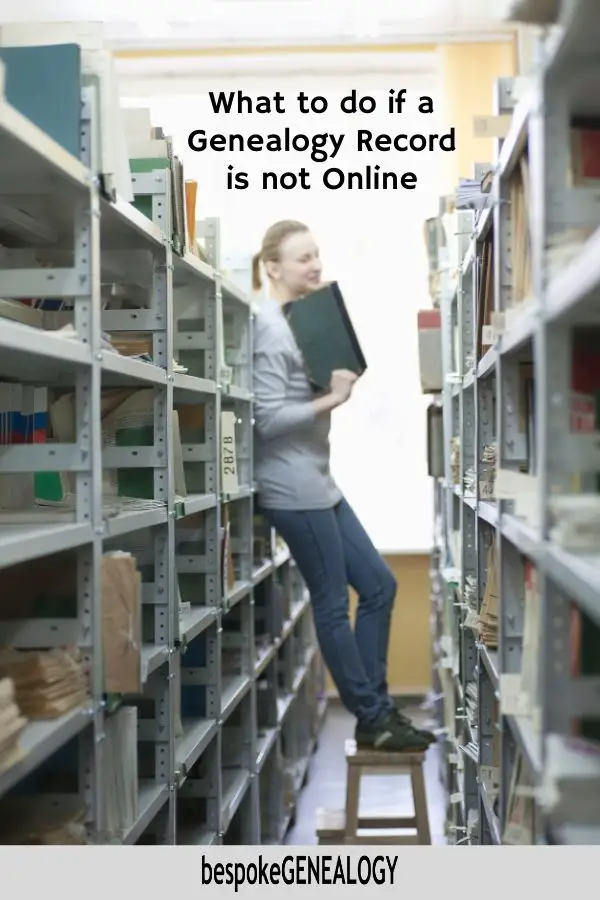
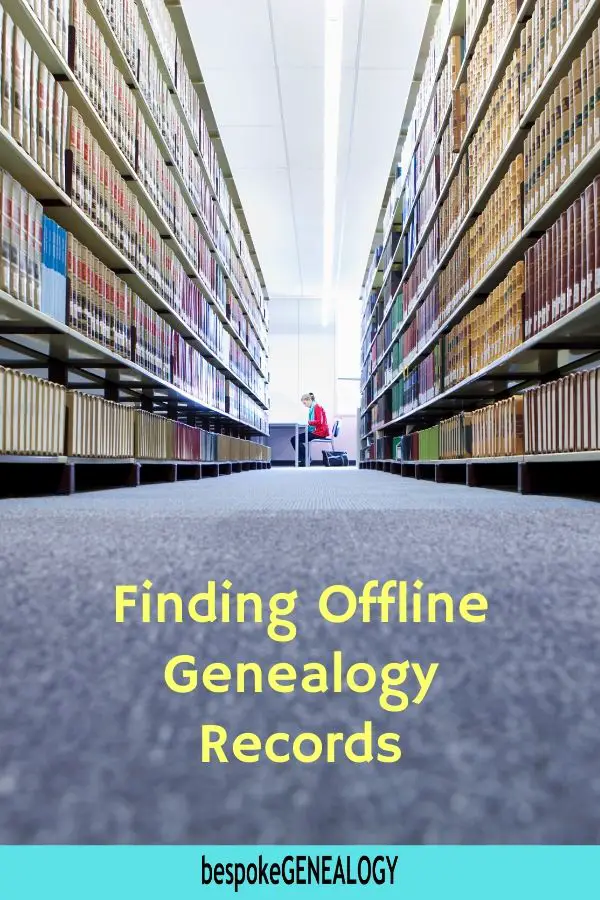



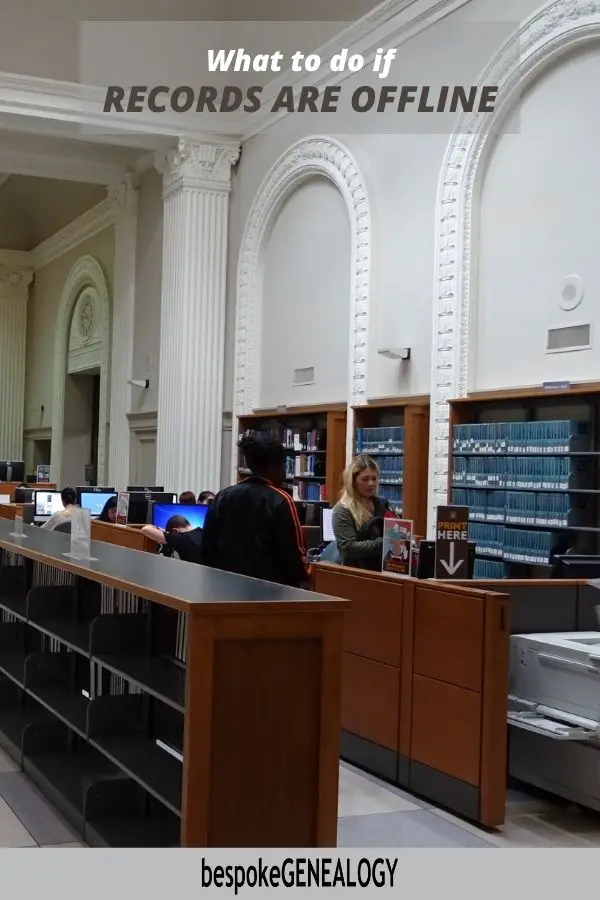
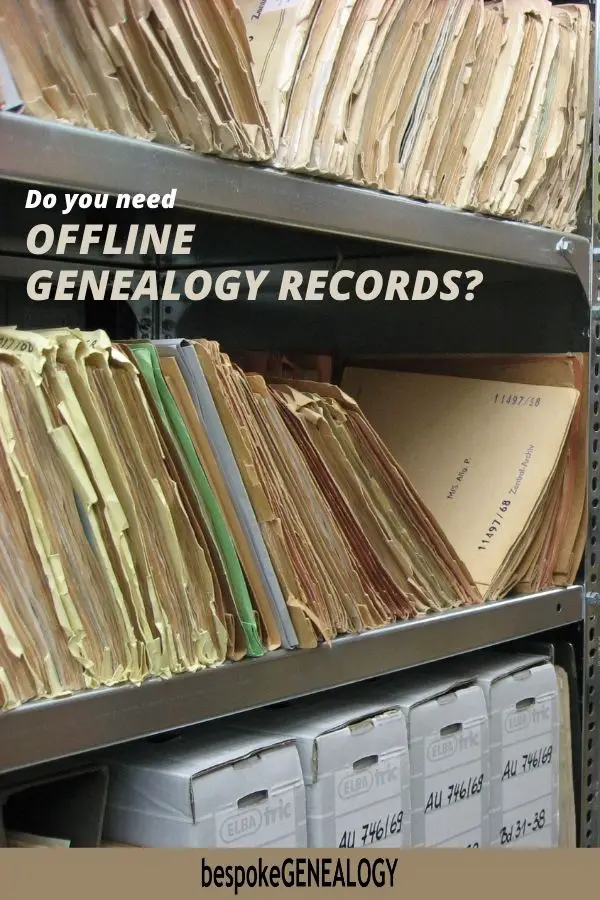
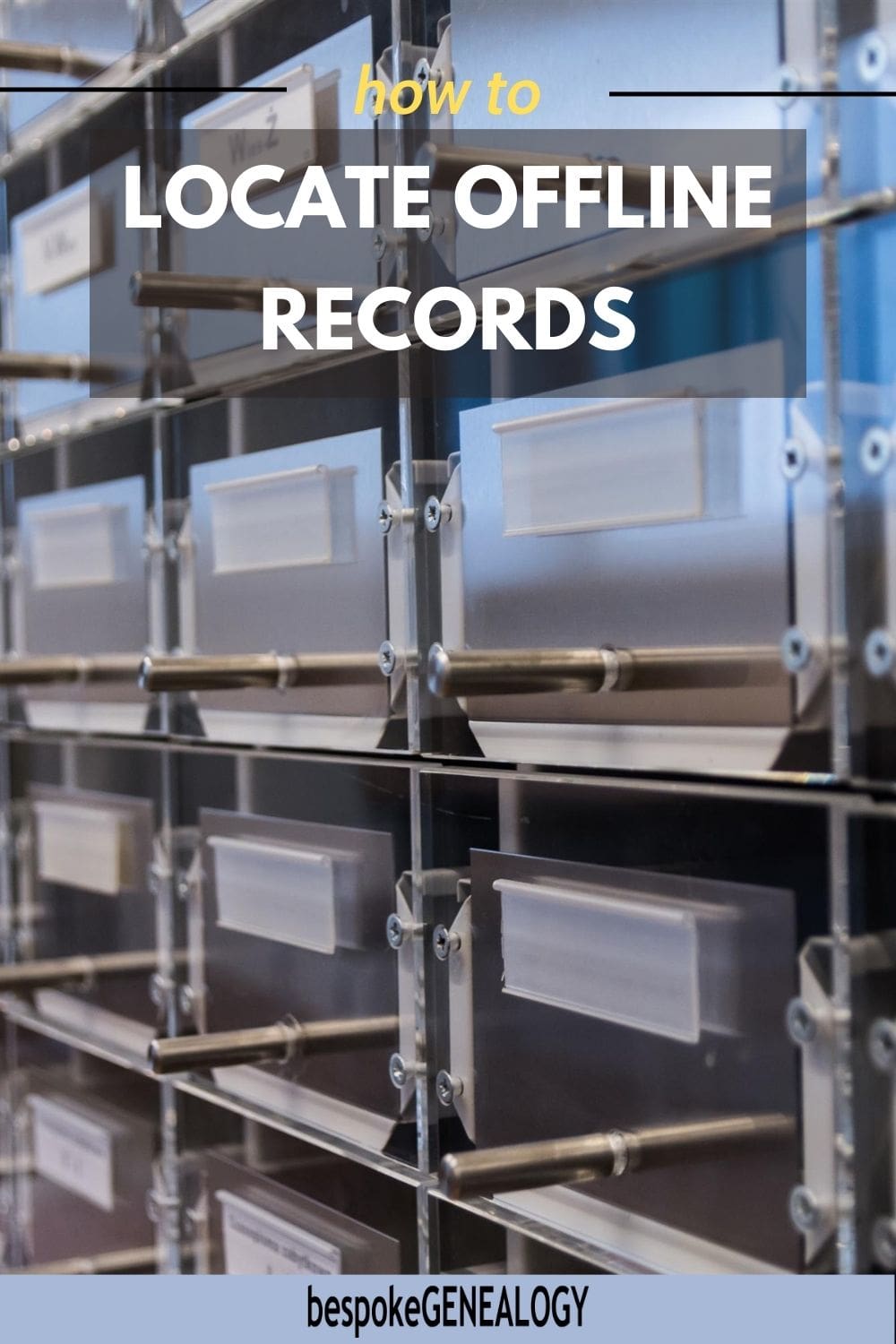
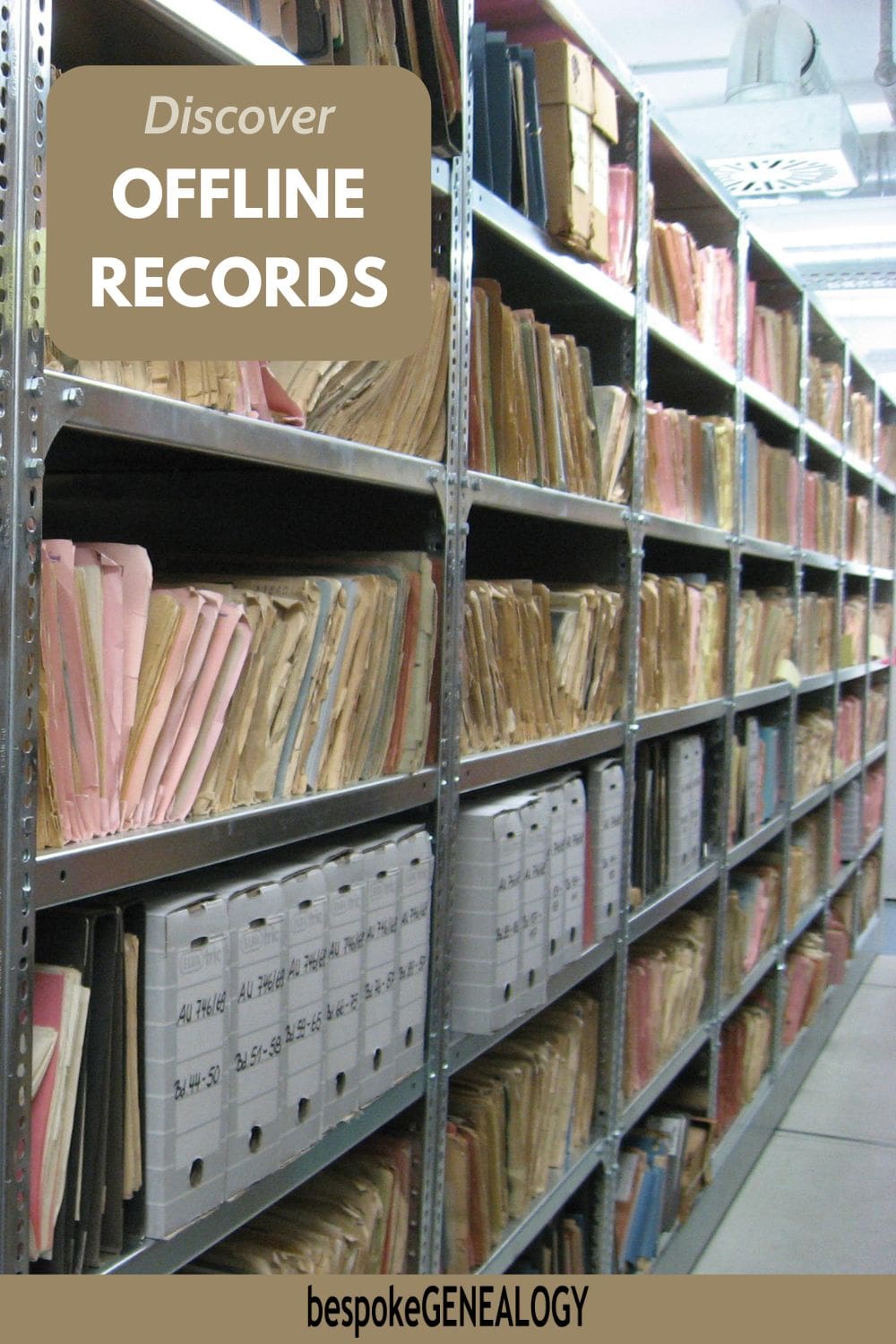

Leave A Comment